(ECNS) -- China’s space station will carry out more than 1,000 research projects, promote scientific popularization, and strengthen international cooperation in the next 10 to 15 years, the Technology and Engineering Center for Space Utilization under the China Academy of Sciences (CAS), announced Monday at a press conference.
The projects will span 32 subjects across four major fields: space life science and human research, microgravity physical science, new space technologies and applications, and space astronomy and Earth science.
In the field of microgravity physical sciences, researchers aim to study the mechanisms governing the microstructure and macroscopic properties of metals and alloys. The findings are expected to enhance material development on Earth, said a spokesperson for the center.
China’s space station is equipped with more than 20 specialized experiment cabinets dedicated to fields such as basic biology, biotechnology, and fluid physics, as well as three platforms for extravehicular experiments.
Development is also underway on major research facilities, including the 2-meter aperture Chinese Survey Space Telescope (CSST), a globally competitive instrument, the spokesperson noted.
To date, more than 180 scientific and application--focused projects have been conducted aboard the station. Nearly two tonnes of scientific materials have been delivered, with approximately 100 types of experimental samples returned to Earth.
The research has led to the publication of more than 500 high-level papers in SCI-indexed journals and the acquisition of over 150 patents. Many of these results have been transformed into practical application, significantly advancing China's space science and technology.








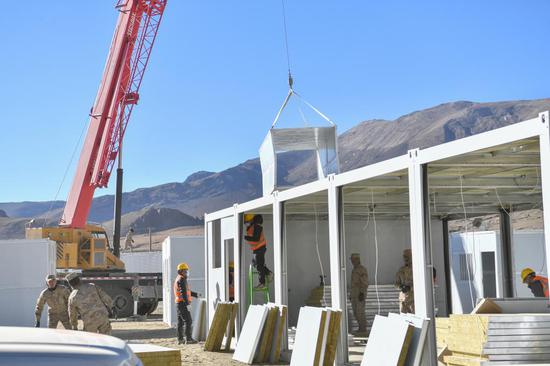



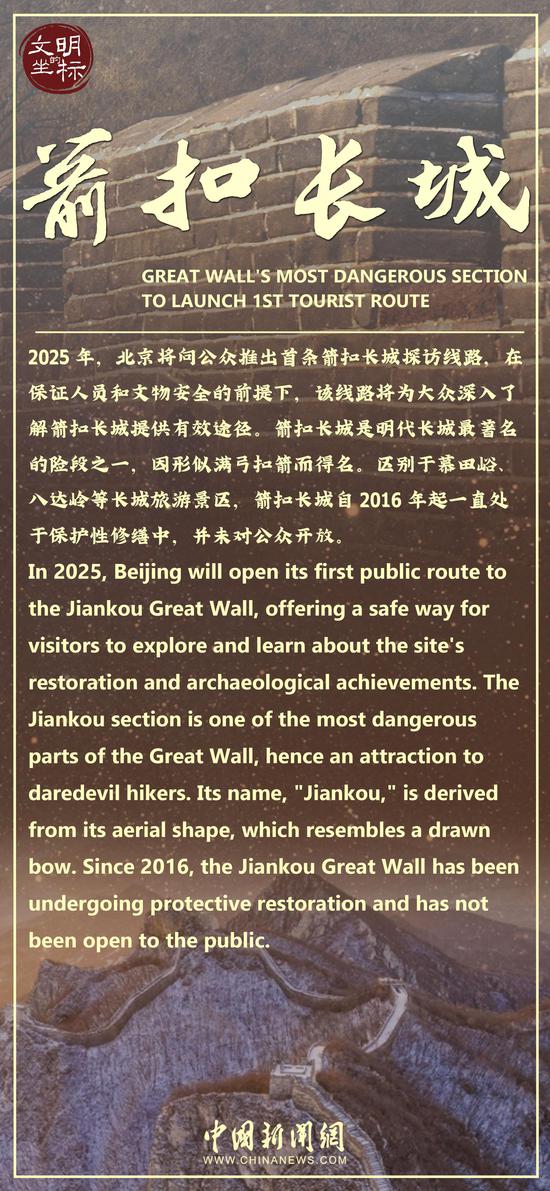
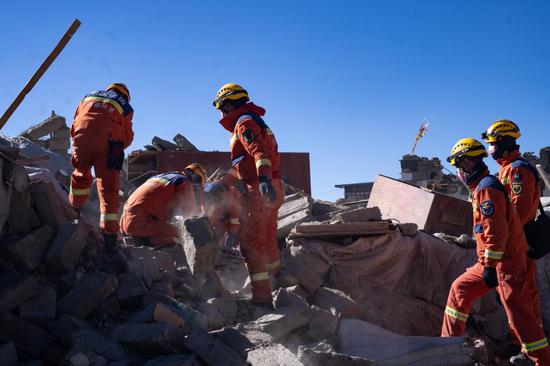




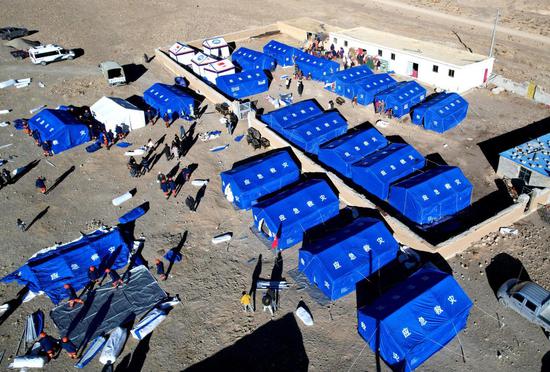





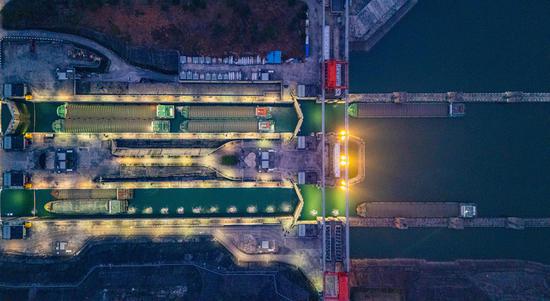



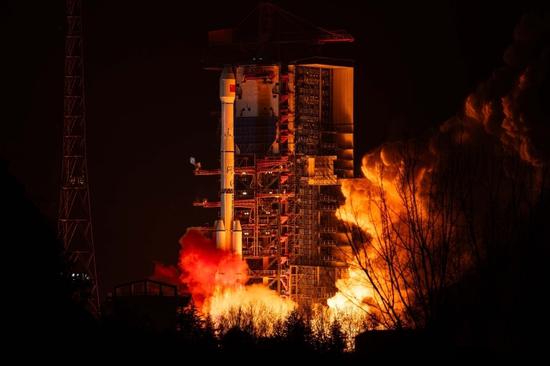



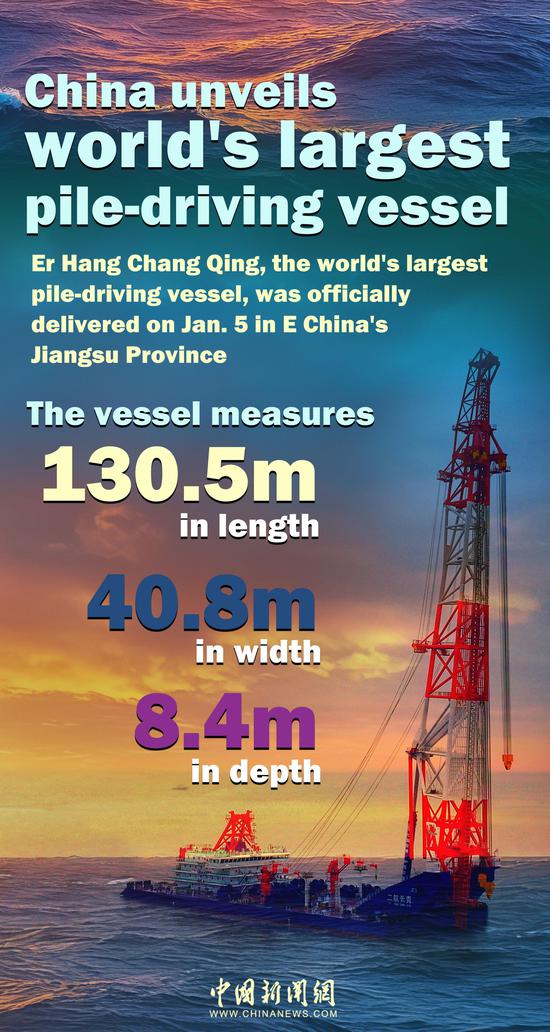







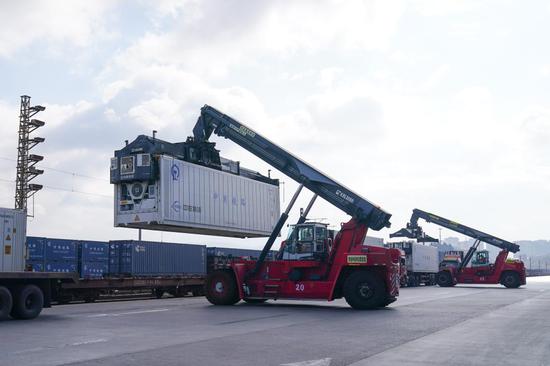
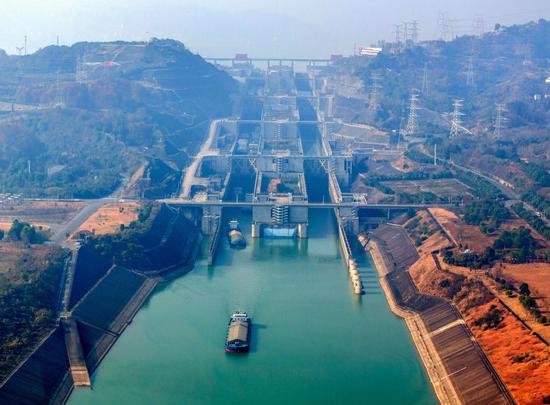




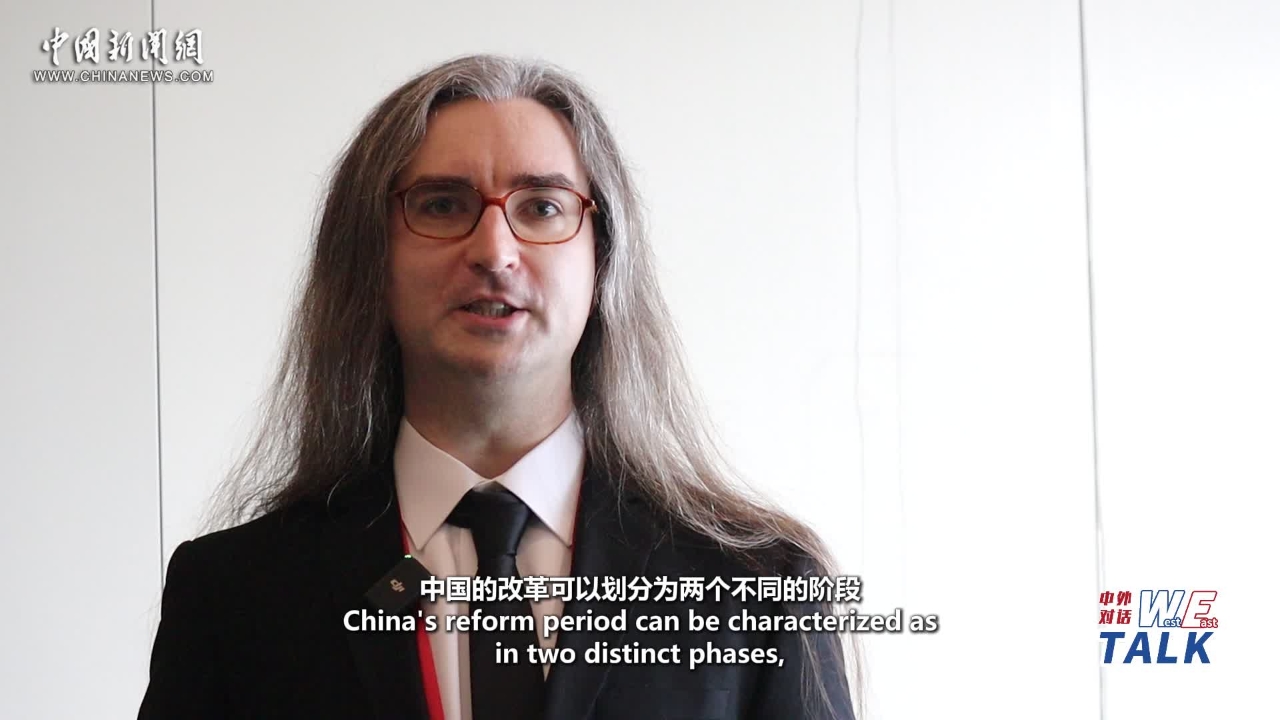

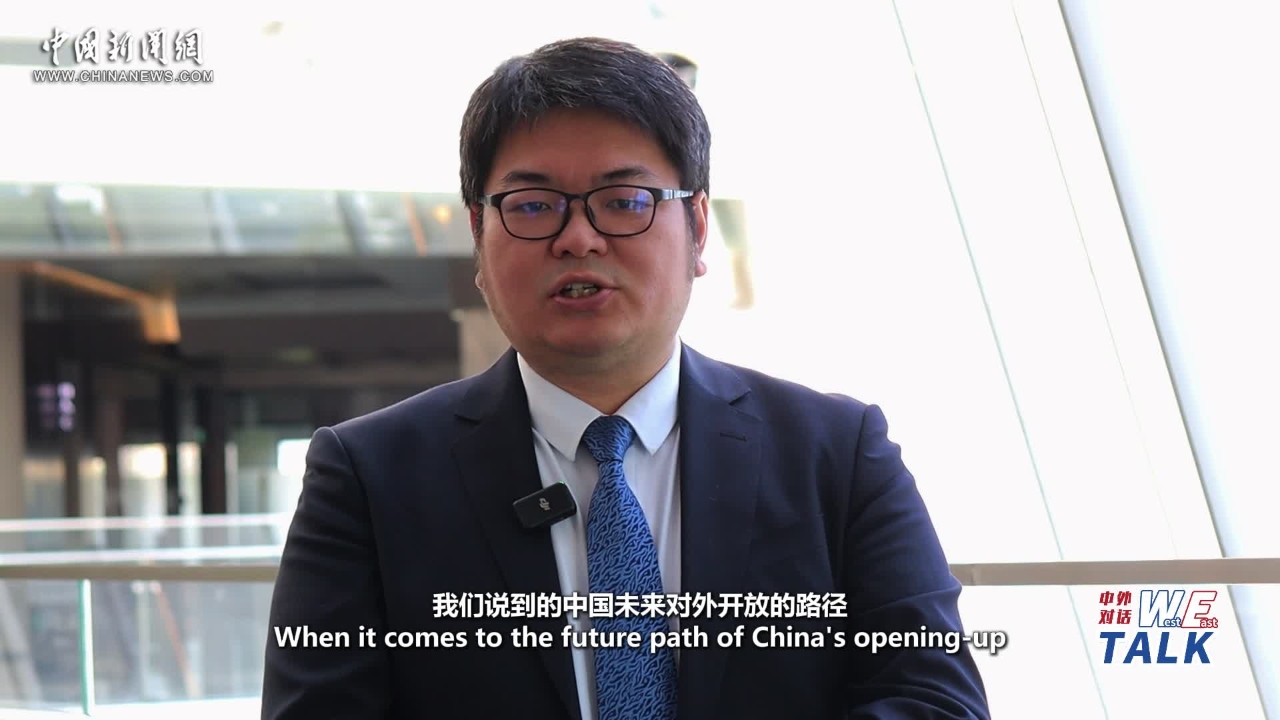

 京公网安备 11010202009201号
京公网安备 11010202009201号